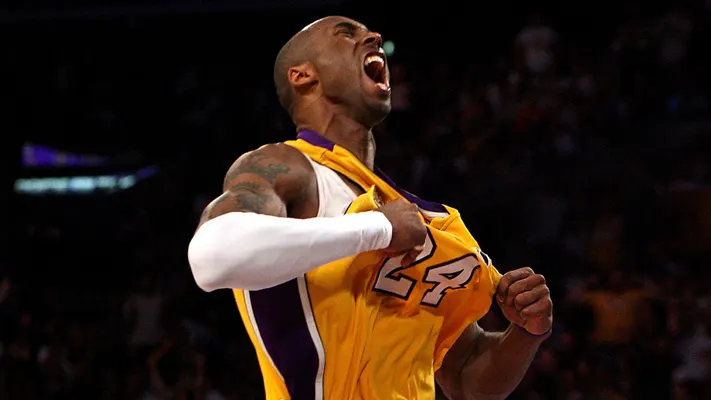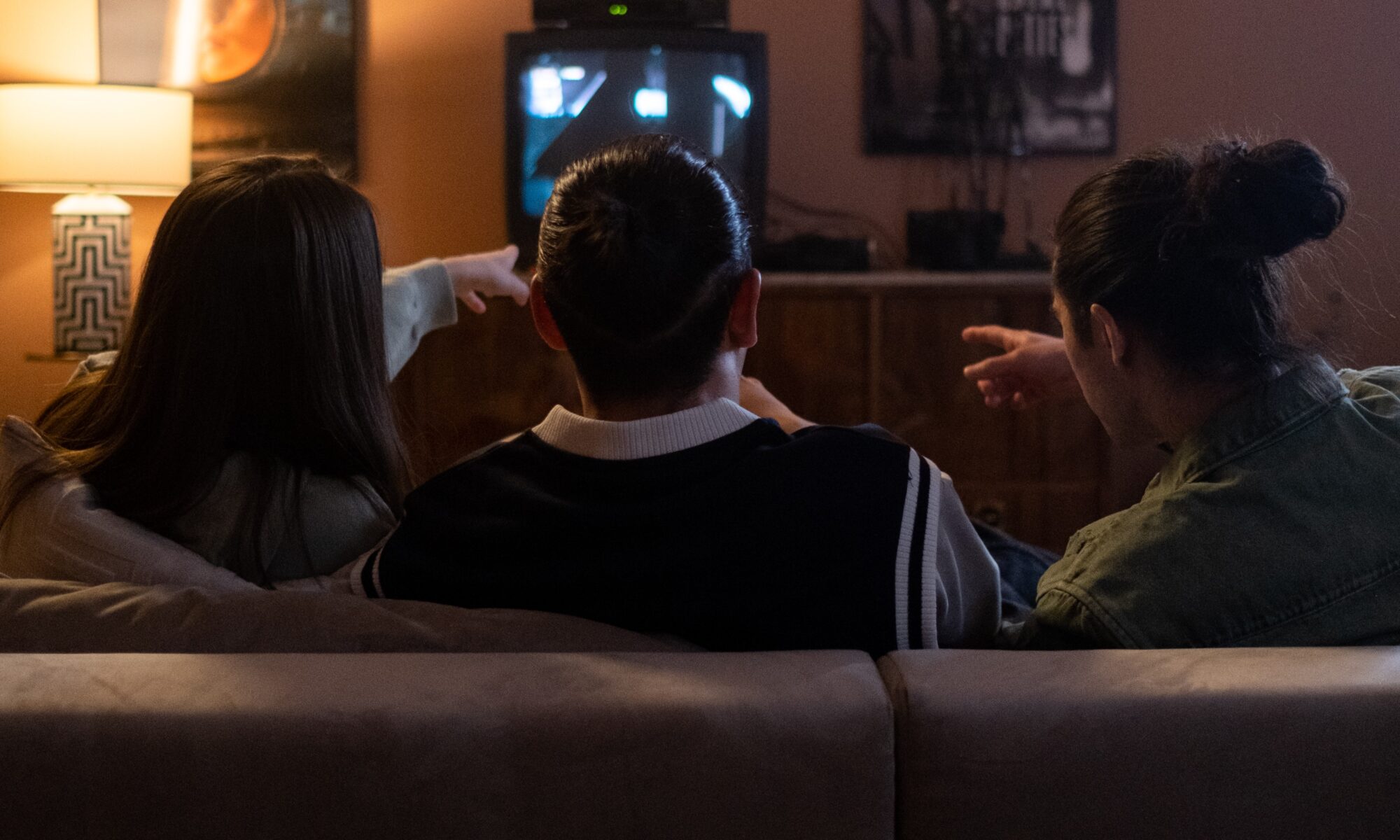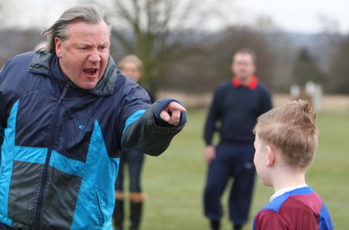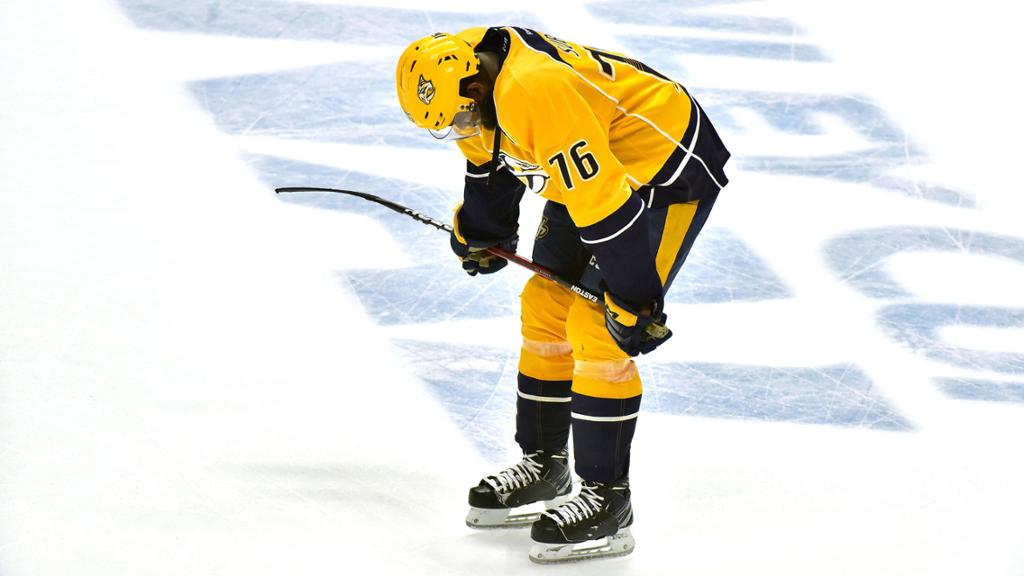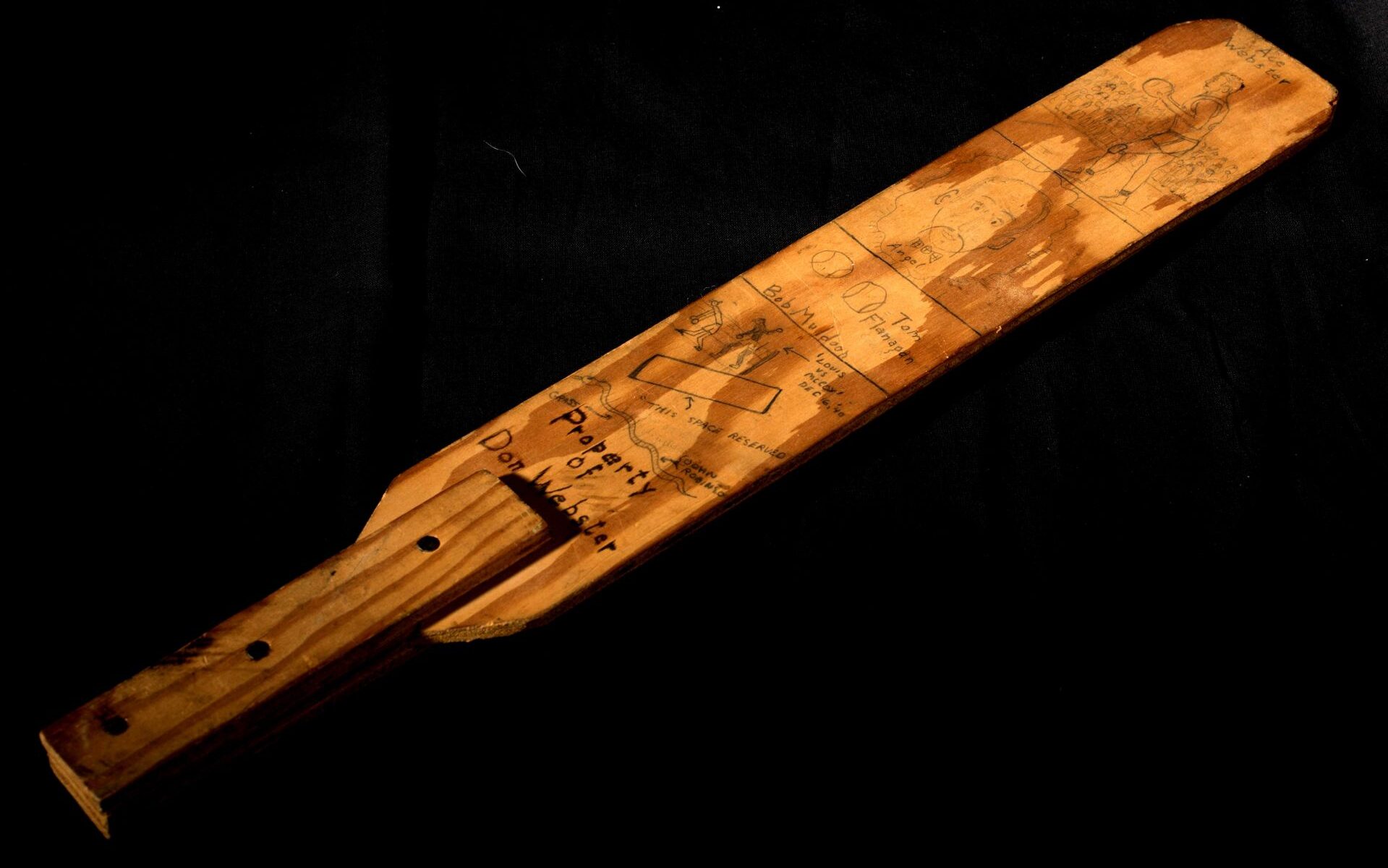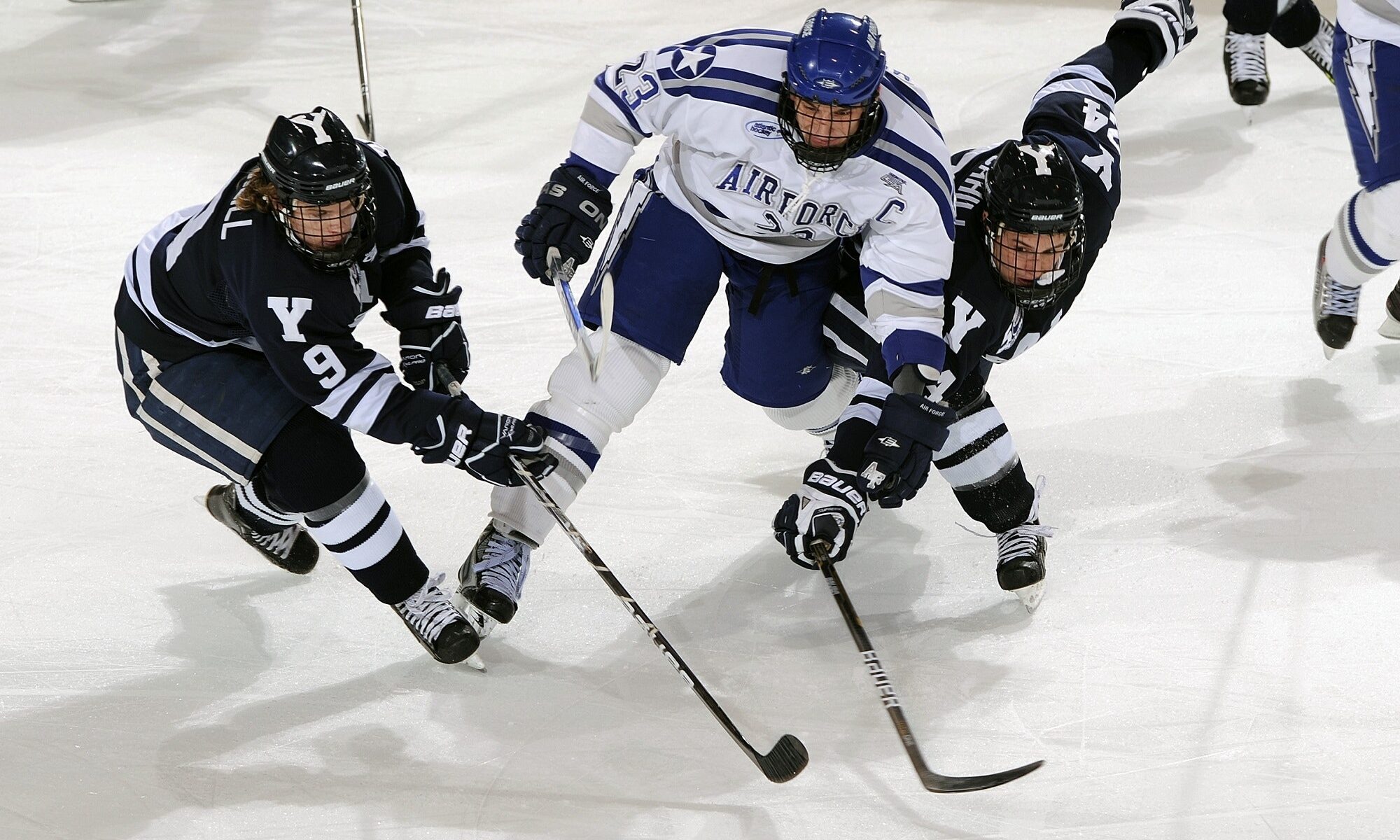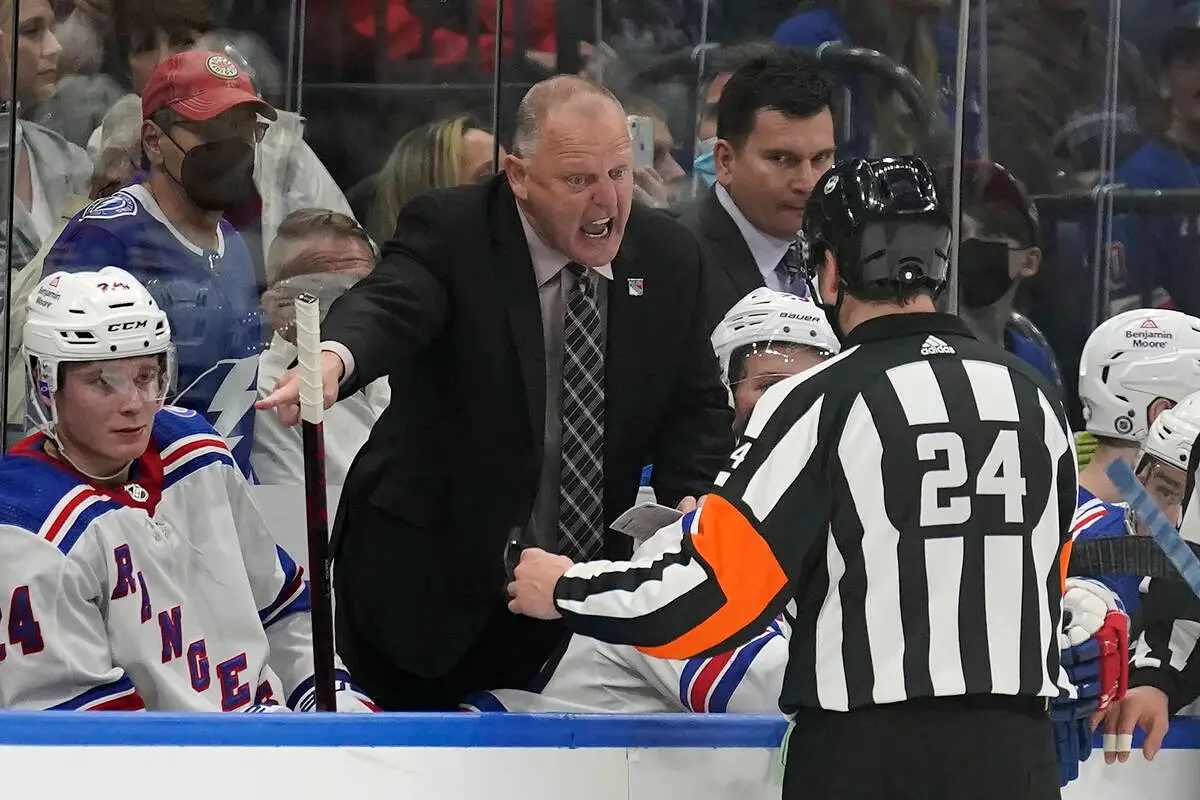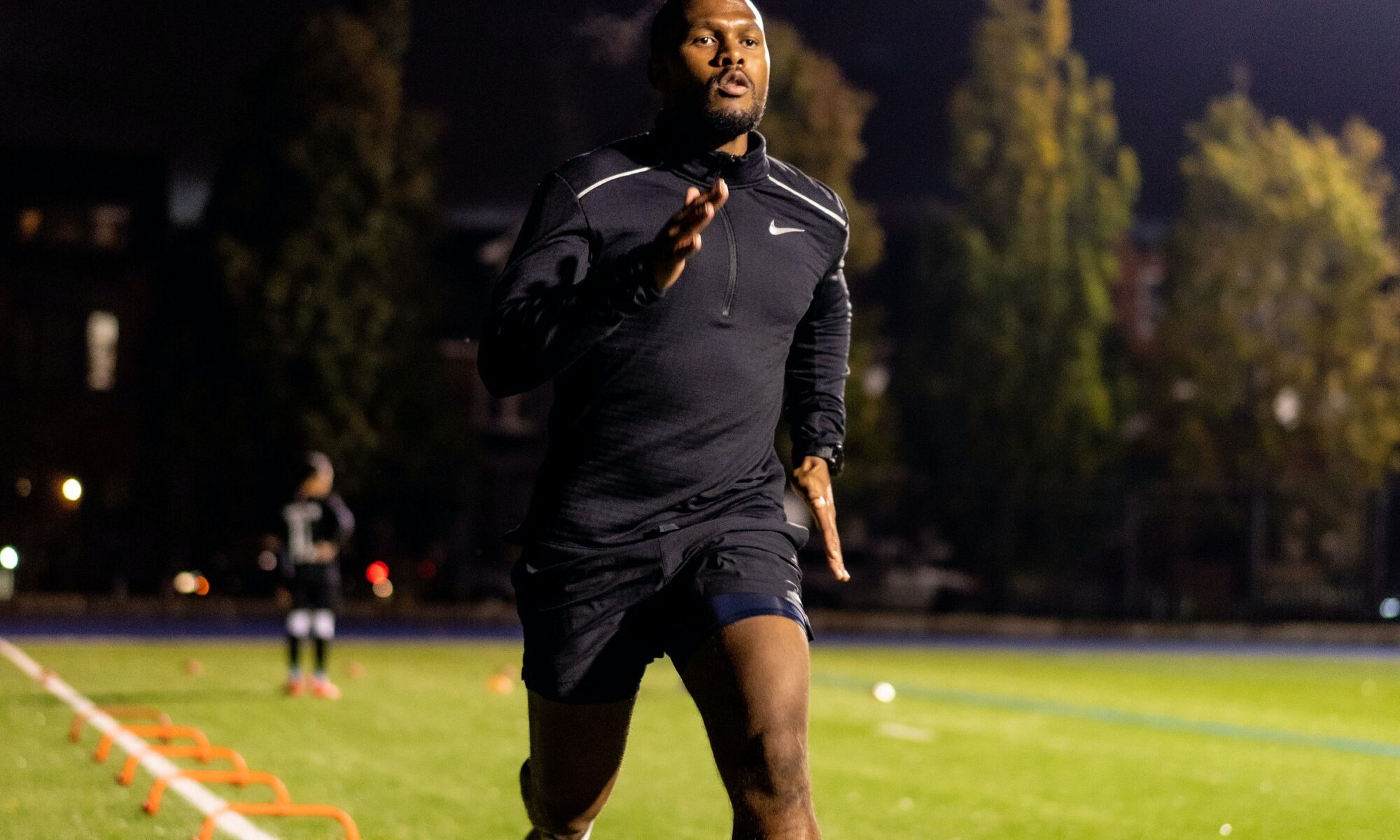Kobe Bryant is a legend for many reasons, but his success was built on one thing: hard work. He was famous for his incredible work ethic and the ‘Mamba Mentality’ that drove him to become one of the greatest athletes of all time. His approach to training and dedication to improvement serves as an inspiration for anyone wanting to take their game to the next level. In this blog post, we will explore how the ‘Mamba Mentality’ can inspire you to train with purpose and reach your hockey goals.
Continue reading “Train with Purpose: How Kobe Bryant’s Work Ethic Can Inspire Your Hockey Training”Playing to Win: How Limiting Social Media Can Help Improve Your Hockey Performance
We’ve all heard it before – too much time spent on social media can lead to a decrease in performance, particularly when it comes to sports like hockey. But what if the answer to improving your hockey performance was as simple as limiting your time spent on social media? It’s true: social media makes us lazy, and by limiting our engagement, we can channel our focus and energy into honing our hockey skills and playing to win. In this blog post, we’ll be exploring how limiting our social media usage can help improve our hockey performance.
Continue reading “Playing to Win: How Limiting Social Media Can Help Improve Your Hockey Performance”What My Hockey Coach Taught Me About Balancing Sex and Athletic Performance
Growing up playing hockey, I learned a lot of valuable lessons from my best friend’s dad, who was the owner of the local Junior team at the time. One thing that really stuck with me was his mantra to never “think with my dink” on game days. Although the saying was a joke, I now understand the logic behind it: that sex can have an impact on athletic performance. In this blog post, I’ll be exploring the relationship between sex and athletic performance, and what my hockey coach taught me about balancing the two.
Continue reading “What My Hockey Coach Taught Me About Balancing Sex and Athletic Performance”From Struggle to Thriving: The Impact of a Hockey Billet on Player Performance
Living with a Hockey Billet can be a challenge for any hockey player. Moving away from home and joining a new family can be daunting, and it may take some time to adjust to a new environment. However, for those who are willing to put in the effort, a Hockey Billet can have a huge impact on their Hockey success. In this blog post, we will explore how a Hockey Billet can help players to move from struggle to thriving, and how a supportive environment can lead to better performance on the ice.
Continue reading “From Struggle to Thriving: The Impact of a Hockey Billet on Player Performance”Why Parents and Coaches Need to Re-Evaluate Their Priorities in Youth Hockey
When it comes to youth hockey, parents and coaches should be re-evaluating their priorities to focus on development over competing. Despite hockey development models not introducing the train-to-win phase until U18 levels, many parents and coaches are prioritizing winning at the U7 levels. This can be a detrimental practice, as it often takes away from the development of the players and can lead to serious issues such as burnout and a lack of motivation.
Continue reading “Why Parents and Coaches Need to Re-Evaluate Their Priorities in Youth Hockey”Stuck in a Slump? Tips to Get Out of the Negative Spiral and Improve Your Game
Are you feeling stuck in a slump and unable to make positive plays in your sport? You’re not alone. A slump is a common occurrence caused by a negative spiral, which can take over our ability to think and perform at our best. If you’re looking for ways to get out of this negative spiral and improve your game, this blog post will provide you with tips and strategies to help you break the cycle of negative thoughts and help you reach peak performance.
Continue reading “Stuck in a Slump? Tips to Get Out of the Negative Spiral and Improve Your Game”From Fear to Friendship: The Evolution of Junior Hockey Teammate Introductions
The idea of hazing, or rookie hazing, has been an ever-present part of junior hockey since its inception. It was traditionally used to instill fear in the team’s newcomers and often resulted in resentment among players. However, in recent years, coaches have been steering away from this old-school approach and replacing it with a more welcoming introduction for rookies. Instead of hazing, team captains now help rookies with their luggage and equipment, setting a friendly and supportive tone for the season ahead. In this blog post, we’ll explore the evolution of junior hockey teammate introductions from fear to friendship.
Continue reading “From Fear to Friendship: The Evolution of Junior Hockey Teammate Introductions”The Dangers of Focusing Solely on Top Players in a Sports Team
As coaches, it is easy to focus solely on the performance of our top players, believing that their high energy levels will result in success. However, this could be a dangerous mistake if not done with caution, as it can create negative energy among the rest of the team. Neglecting the other players on the team can lead to a lack of team unity, and ultimately, a decrease in performance. In this blog post, we will discuss the dangers of focusing solely on the top players in a sports team.
Continue reading “The Dangers of Focusing Solely on Top Players in a Sports Team”Redefining Hockey Leadership: Moving Away from Yelling Coaches and Towards Better Bench Management
Youth hockey is at a crossroads. The traditional approach to bench management creates a toxic atmosphere of yelling at coaches towards referees, and players. It’s time for hockey leadership to redefine the way it interacts with teams and the sport itself. This means moving away from the shouting matches that have become a hallmark of the game and instead fostering an environment of constructive bench management. Through a collaborative approach between coaches, players, and referees, hockey leadership can create a better experience for all involved in the sport.
Continue reading “Redefining Hockey Leadership: Moving Away from Yelling Coaches and Towards Better Bench Management”Secrets to Enhancing Your Skating Performance Without Ice Time
Are you an ice hockey player looking to improve your skating performance without taking up valuable ice time? If so, you’re in luck! It is possible to enhance your skating performance without stepping foot on the ice. With some agility and quick sprint drills, you can take your skating to the next level. In this blog post, we’ll share our secrets on how to become a faster, more agile skater without relying solely on ice time.
Continue reading “Secrets to Enhancing Your Skating Performance Without Ice Time”
